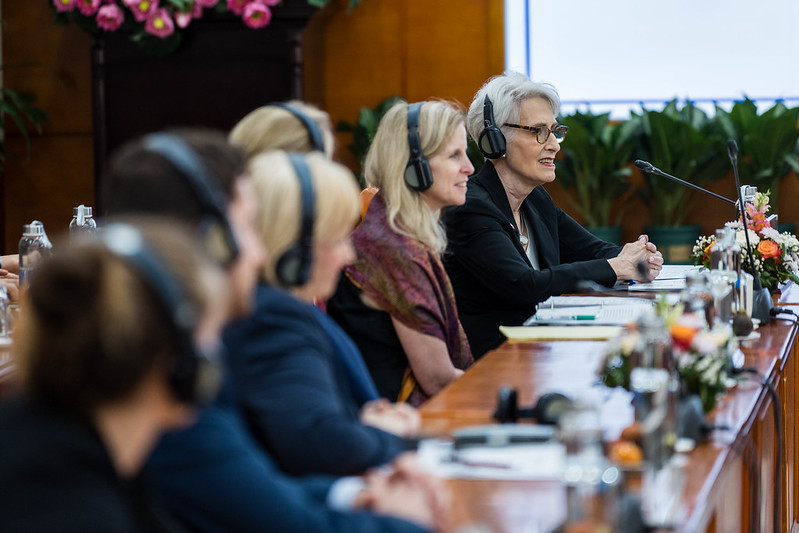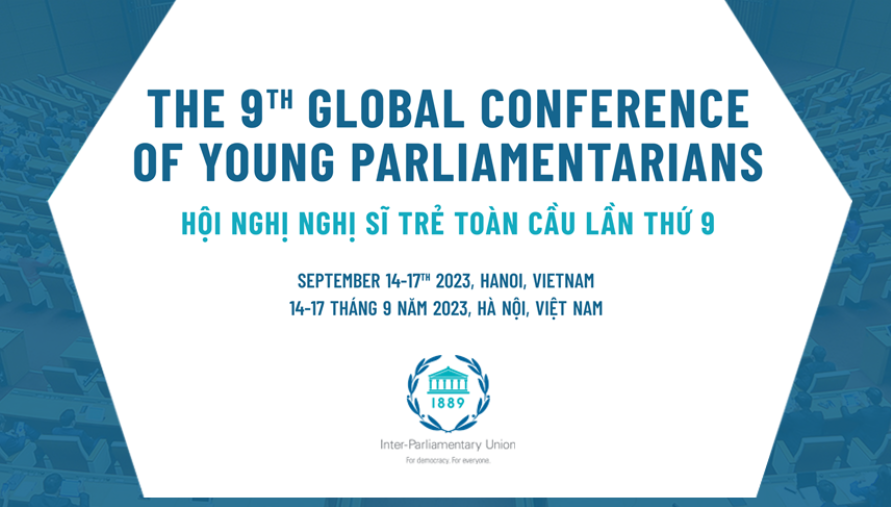President Donald Trump"s quick pivot on U.S. tariff rates has plunged Vietnam into a state of economic uncertainty and diplomatic frustration. Just days after announcing a supposed framework for lowering tariffs on Vietnamese exports, Trump unilaterally raised the rates, sending shockwaves through Hanoi and raising serious questions about the integrity of U.S. trade negotiations.
Trump"s Unilateral Actions Undermine Trust
According to The Budget Lab, Trump"s sudden announcement on July 2 of a 20 percent tariff on Vietnamese goods, up from a previously discussed rate of 11 percent, has not only angered Vietnamese officials but also jeopardized decades of diplomatic and economic relations. Trump"s disregard for the initial terms of the agreement undermines the trust that has been painstakingly built over the past thirty years since the normalization of relations post-Vietnam War.
Vietnam"s Economic Landscape at Risk
The economic implications of this sudden tariff increase are severe. Trade between the U.S. and Vietnam has surged from $2.9 billion in 2002 to over $139 billion in 2022, as reported by The World Factbook. Trump’s actions risk reversing this trend, potentially harming the manufacturing sector in Vietnam that has thrived on U.S. exports. The higher tariffs could lead to increased costs for American consumers and businesses, which rely heavily on Vietnamese goods.

Deputy Secretary Sherman"s Meetings with Vietnamese ...
Global Consequences of U.S. Trade Policy
This episode is not just about Vietnam. The ripple effects of Trump"s unpredictable tariff strategy are being felt globally. As noted by U.S. Department of Defense analysis, countries observing this situation are increasingly wary of engaging in trade negotiations with the U.S. If other nations see that U.S. commitments can be upended at a moment’s notice, they may hesitate to enter into agreements, fearing that their efforts will be similarly undermined.
Impact on Workers and Marginalized Communities
The ramifications extend beyond diplomacy and international trade dynamics. Workers in both Vietnam and the U.S. could feel the pinch. Vietnamese workers, many of whom are employed in factories producing goods for American companies, face job instability if exports decline due to higher tariffs. Meanwhile, American workers could see increased prices on everyday goods, exacerbating the already heightened levels of wealth inequality, a core issue in economic justice debates.

The National Assembly of Viet Nam to organize the Ninth ...
Calls for Accountability and Transparency
As this crisis unfolds, the lack of transparency surrounding the negotiations is striking. Neither the U.S. nor Vietnam has released documentation of the agreed-upon terms, leaving many questioning the legitimacy of the trade deal itself. Former Deputy Assistant Secretary of State Scot Marciel emphasized this erosion of trust, stating, "Purely in terms of U.S.-versus-Chinese influence, China will benefit from this." This could lead to a further imbalance in international trade, as nations may seek to align with China over the U.S.
Amid this turmoil, accountability is essential. The American public deserves to know how trade negotiations are being conducted and the potential consequences of unilateral actions by the administration. Without accountability, the future of U.S. trade policy remains uncertain, and the voices of workers and marginalized communities will continue to be drowned out.







![[Video] Gunfire between Iraqi security forces and Sadr militias in Baghdad](/_next/image?url=%2Fapi%2Fimage%2Fthumbnails%2Fthumbnail-1768343508874-4redb-thumbnail.jpg&w=3840&q=75)
